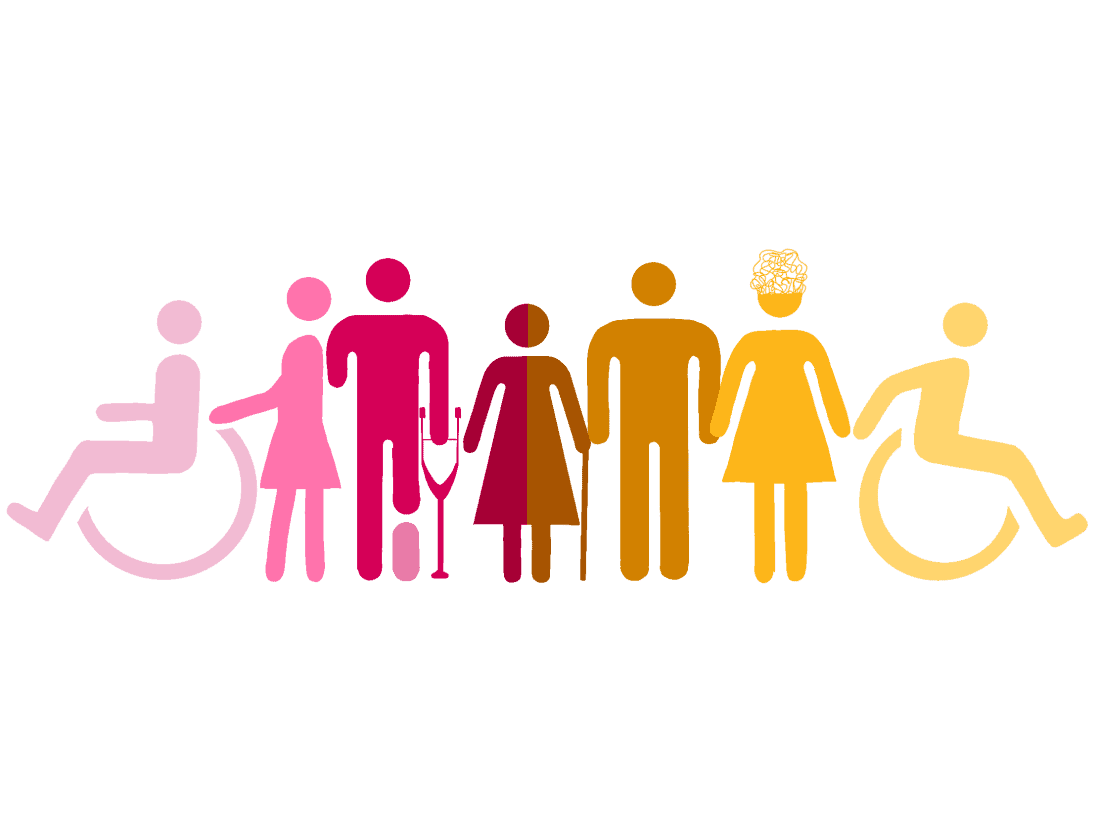
Let’s talk about sex: who has it, who doesn’t and who you think wouldn’t — or even shouldn’t. Sex and disabilities are not two things that abled people usually think about, which means that people with intellectual and/or physical disabilities are not considered sexual beings.
As someone who has experienced relationships with people who have disabilities, I can say that it comes down to communication and an open mind.
Let’s start with how we define sex. Sexual intercourse is considered to be “sexual contact between individuals involving penetration, especially the insertion of a man’s erect penis into a woman’s vagina, typically culminating in orgasm and the ejaculation of semen.”
Depending on the situation, this definition may not be the right fit for everyone who is engaging in sexual activity. Within any healthy relationship, good sex is an experience that is enjoyed by both partners in some shape or form.
Some people with a penis may not be able to have or maintain an erection. However, this doesn’t mean that they can’t have sex with their partner. Some people with a vulva may not be able to handle or even like being penetrated — but again, this doesn’t mean they can’t have sex.
There is a tendency to infantilize people with disabilities, especially if the individuals are not able to be self-reliant. We care about them being healthy, but don’t consider their sexuality as being part of that model.
All of us crave some sort of connection with another person and sex is one of the ways we connect with a partner. Touch is an important aspect of this — people who have a disability may not have had positive contact with others. Their disability may make it hard for them to connect on both a physical and emotional level with people.
Having a disability and being upfront and open about it can limit the dating pool significantly, so some people turn to sex workers to fill that part of their lives. A sex worker who is in the sex trade by choice will understand their needs and do their best to fill them.
For this purpose, I think that sex work should definitely be decriminalized and legalized. A common joke with university students is that they will go into sex work either as a “sugar baby” or a stripper, but these are meaningful professions. There are incredible mental and physical benefits for the client and providers in these kinds of relationships.
Having a physical disability isn’t a barrier to intimate partnerships. I had a relationship with a man who had a spinal injury. The level of his injury made him unable to maintain an erection for penetrative sex. Did that stop us from having an intimate relationship? No. Instead, kissing, cuddling, oral and the use of toys were things that allowed us to have a fulfilling relationship.

Other people with more debilitating injuries may have a hard time finding a partner who is accepting of alternative forms of intimacy, which can be emotionally challenging.
An intellectual disability can be just as isolating as a physical one and it all comes down to one common thing: communication. It can be difficult for these individuals to figure out what they like or want a partner to do.
Good communication takes time to master. Some people with an intellectual disability may have no interest in sex but can still have a good relationship. Intimacy is not just sex but also a connection between partners which can be achieved in many ways.
In my own experience, having both mental and physical disabilities can make dating hard. I learned that I had to be able to communicate with my partner about what my needs and limitations were. If I was too sick and had cancelled multiple dates, they thought I was messing with them and didn’t have the guts to outright reject them.
Instead, I learned what I could do for dates. Having a limited diet, coffee, drinks or dinner were not my best options. I could go for a walk which would help my symptoms, and I could sit to watch a movie or go to a museum. If I trusted my partner, I would tell them what to look for if I was slipping with my mental or physical health.
All bodies — disabled and abled — have the capacity for rewarding physical and emotional partnerships. Sex and intimacy do not have a strict definition — they are unique aspects that will look different between relationships.
This op-ed was written by a University of Saskatchewan undergraduate student and reflects the views and opinions of the writer. If you would like to write a rebuttal, please email opinions@thesheaf.com.
—
Daisy Houle
Graphics: Shawna Langer/ Graphics Editor, Erin Matthews/ Opinions Editor
Leave a Reply